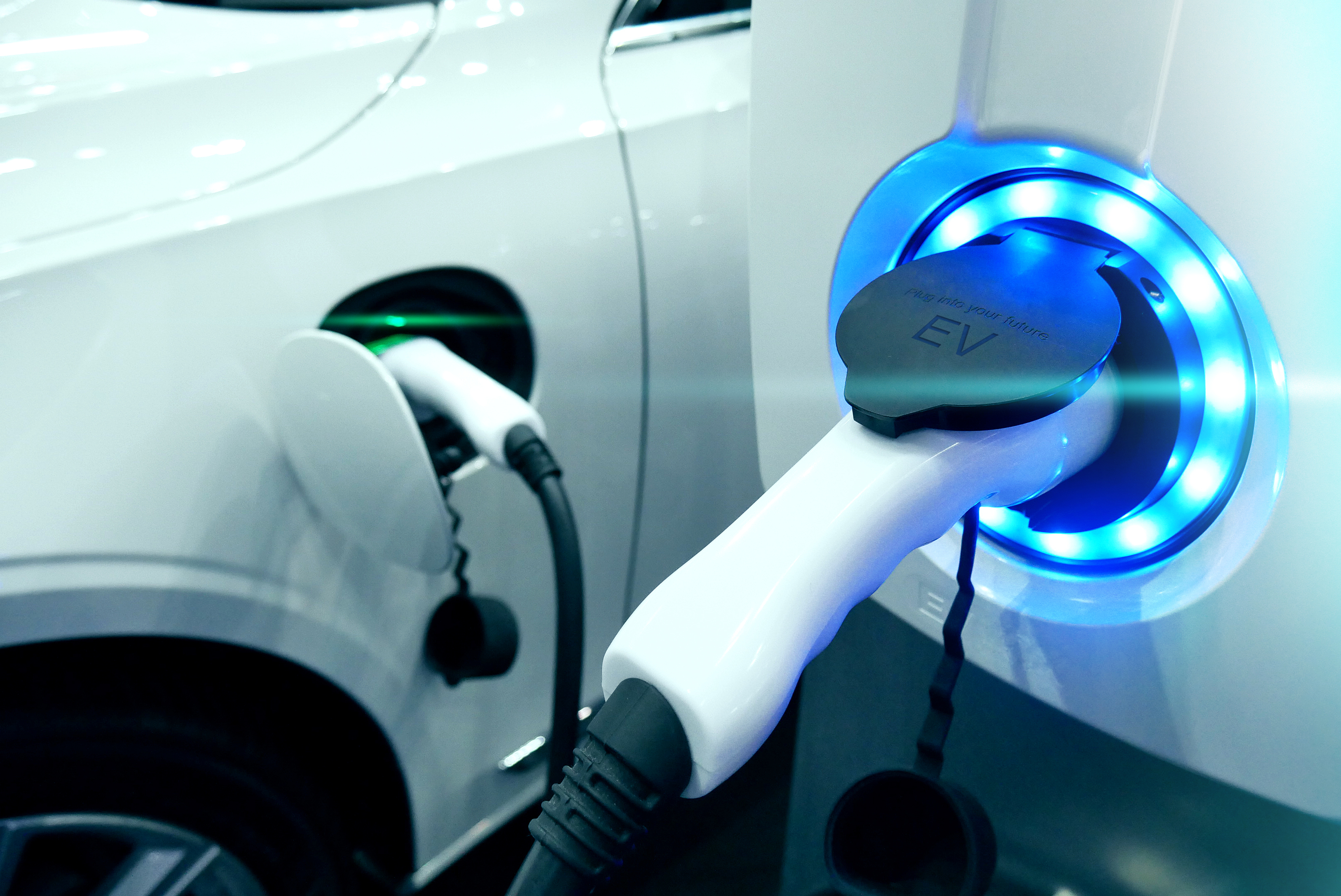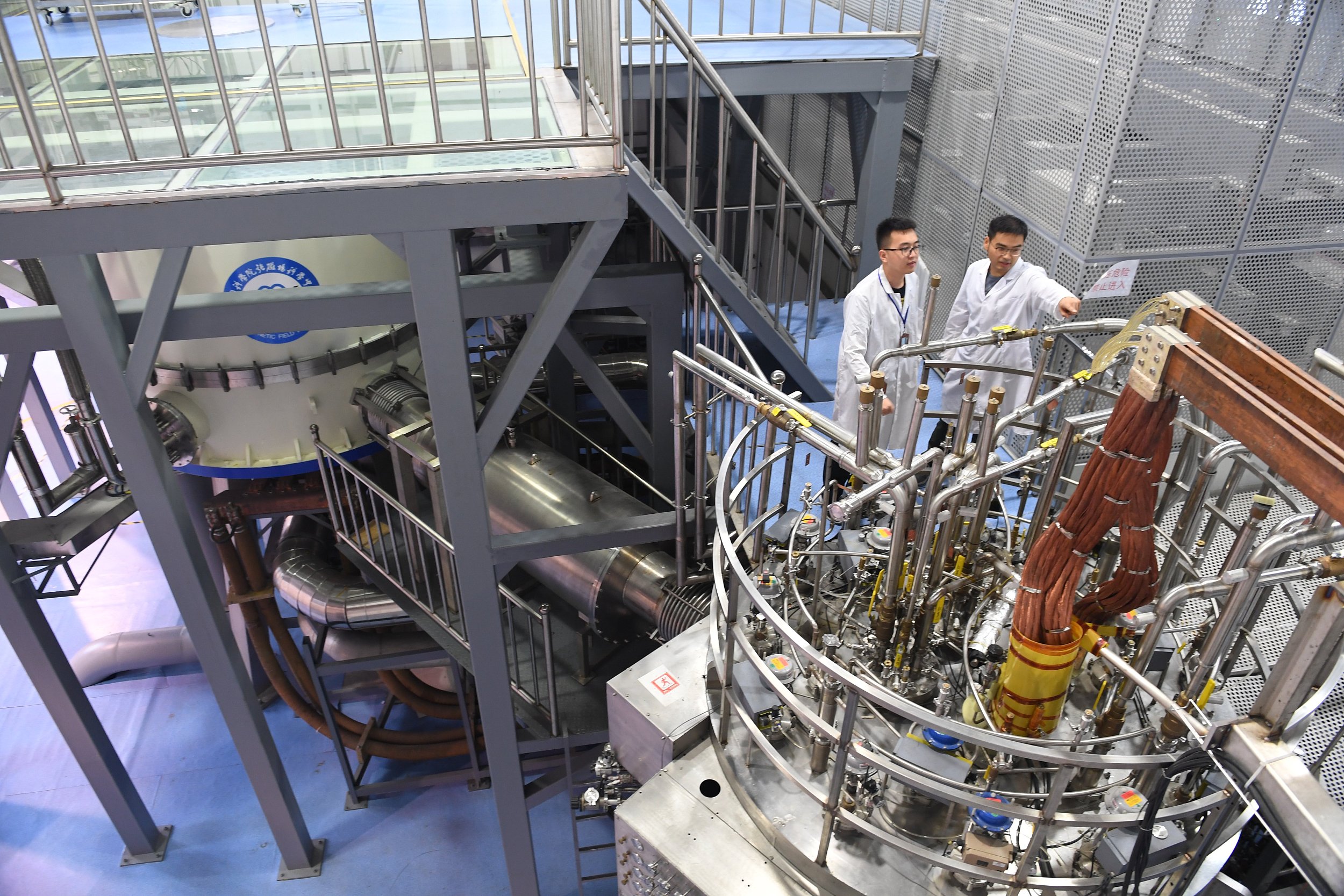Electric Vehicle Industry Primed for Boom in 2022
By YU Haoyuan
In the recent past, as electric vehicles (EV) received extensive global publicity, combined with the vast pouring of capital into their research and development, the industry has remained on aupward growth trajectory. This boom in sales is expected to be maintained in 2022, and for China, a big year is forecast for the EV industry, which is already the largest EV market worldwide.
JATO, a British consulting company, said that Chinese car brands in EV markets account for 45 percent of global sales, with China's battery electric vehicles accounting for 58 percent, 31 percent ahead of second-placed Europe. In December last year, PricewaterhouseCoopers released a report indicating that China sold 782,000 EVs in the third quarter of 2021, rising 190 percent compared with the corresponding period in 2020.
According to Ouyang Minggao, academician of Chinese Academy of Sciences and vice chairman of China EV 100 (a think tank), it is predicted that about 3.3 million EVs were sold in China in 2021, and this number will reach five million in 2022, despite the constraints of battery supply, chip supply and production capacity.

An EV is charging. (PHOTO: VCG)
Bloomberg predicts China's government will continue to put great efforts into encouraging EV sales. China has announced its goal of achieving carbon neutrality by 2060. However, China's car ownership is lower compared with more developed automobile markets, and the number will grow quickly in the future. This will definitely bring huge challenges for the transportation sector to reduce greenhouse emissions. As a result, the widespread adoption of electric vehicles will be crucial.
China has already announced several policies to promote EV, such as asking taxi companies to use EV taxis to replace all fossil-fueled taxis in many cities and encouraging individual consumers to buy EVs. For example, Beijing's government has announced to increase the probability of new EV license plates from 60 percent to 70 percent, in the case of the same total number as last year.
Although COVID -19 and the shortage of chips might affect the production of China's EVs, experts predicted that China would only be moderately affected by them. Infrastructure and support chains of EVs will continue to be built in 2022.
According to Ouyang, China has great advantages in building EVs. EV Battery technology plays the most important role in EV development, and 70 percent of the world's EV batteries are produced in China. EVs have lower requirements for chip integration than mobile phones and other products.
China has already built the world's largest network of charging facilities. According to Chinese media website People.cn, as of the end of September 2021, China's total charging infrastructure had reached over two million units, an increase of 56.8 percent year-on-year. International Data Corporation predicted that China would continue to build more EV infrastructure in the future to promote new energy transformation.
Meanwhile, a more competitive race in China's EV markets will be witnessed in 2022.
Many tech giants such as Huawei, Baidu and Alibaba, will continue to invest huge money to participate in the EV business in cooperation with traditional car enterprises. Reuters believes that such action will promote EV's technological progress and its industry chain in China.
Foreign enterprises' opportunities were also enlarged by the Chinese government. Before 2022, China forbid all foreign car manufacturers to operate in China independently, and foreign companies needed to operate in China for up to three years through joint ventures with local companies. These restrictions have now been removed, which means that more and more companies have the chance to sell their high-quality EVs in China.
According to Bloomberg, "International automakers have already begun to strengthen their individual electrification efforts. Toyota aims to boost sales of NEVs (new energy vehicles) in China by 50 percent to 2.7 million units by 2025 with the introduction of more than 30 models. Volkswagen is going on the offensive with its electric city car the ID.3, while Honda has said all its new models to be added in China will be electric by 2030."


